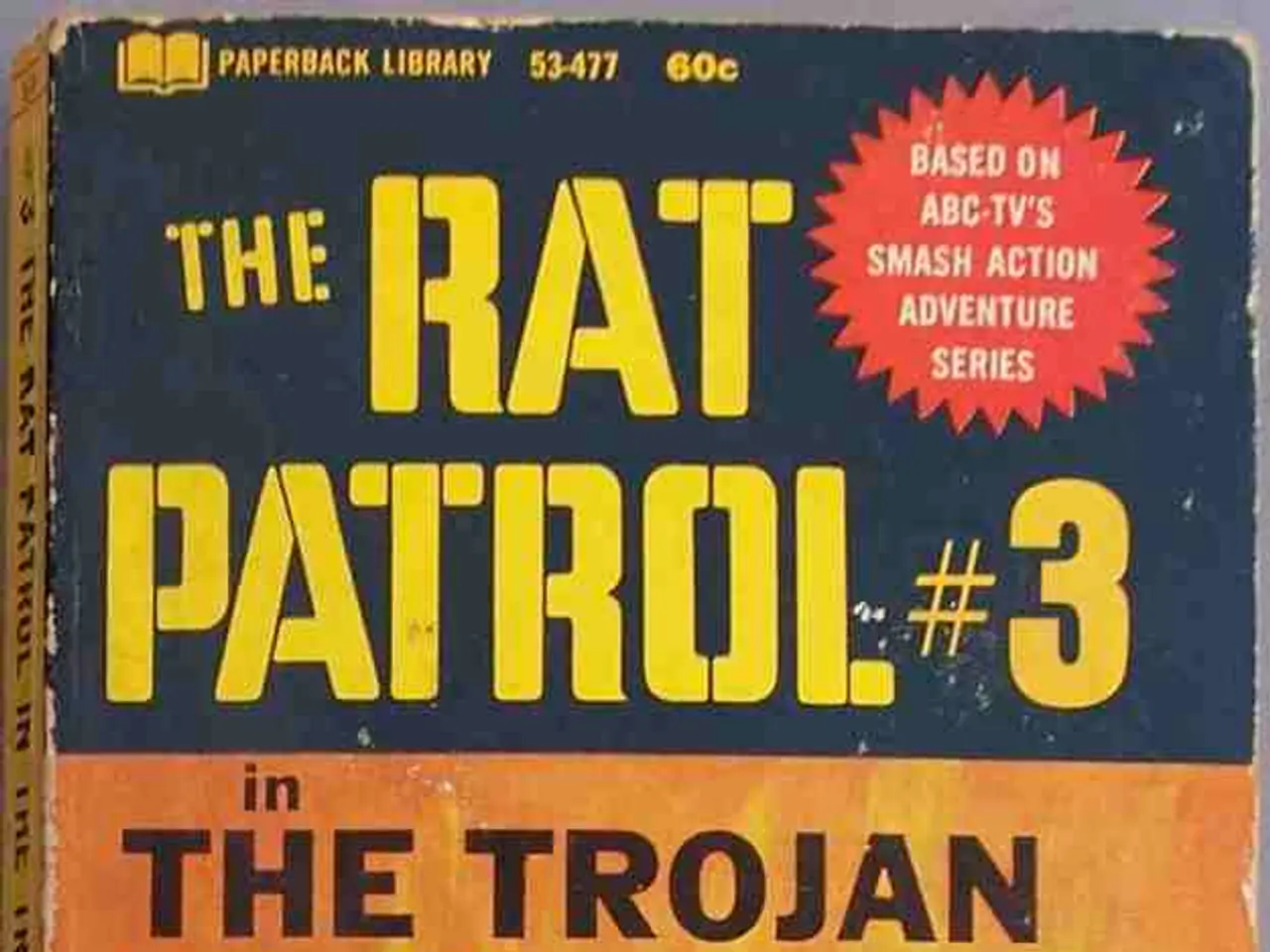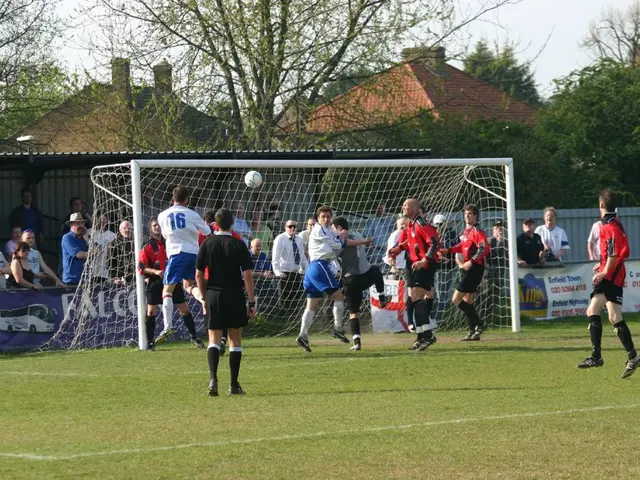Zelenskyy firmly refuses to give up Ukrainian land and insists on Kyiv's involvement in any negotiating processes.
As the highly anticipated Trump-Putin summit in Alaska draws near, the future of the more than three-year long war between Ukraine and Russia remains uncertain. The conflicting positions of both parties, particularly regarding territorial concessions, continue to impede progress towards a negotiated peace.
Ukrainian President Volodymyr Zelenskyy has reiterated his country's firm stance, emphasizing that any decisions without Ukraine are decisions against peace and will not bring anything. He insists on direct involvement in all negotiations, and any decisions on territorial concessions must be made by Ukraine, starting from the current front lines. Zelenskyy also demands strong security guarantees, including involvement from the United States, and opposes any premature easing of sanctions on Russia before a peace deal is secured.
By contrast, Russia's position, as reiterated ahead of the August 15 summit, remains uncompromising. President Putin's objectives require Ukraine to capitulate militarily and politically, including withdrawing from all of Luhansk, Donetsk, Zaporizhia, and Kherson oblasts—even territories Russia does not yet control. Russia seeks Ukrainian demilitarization and “denazification,” which involves removing Ukraine’s current government, and demands that Ukraine adopt alliance neutrality, barring NATO membership. Russian officials have explicitly stated they are not considering any territorial concessions and continue to base their negotiating position on national interests only.
This impasse contributes to persistent deadlock, with Ukraine accusing Russia of pursuing occupation rather than peace, and Russia portraying Ukraine as the obstacle to agreement. The absent direct participation of Ukraine's leadership in recent summit talks, such as the Trump-Putin Alaska meeting, further complicates prospects for a negotiated peace, as Kyiv fears that its core demands and territorial sovereignty may be compromised without its involvement.
The conflict has taken a toll on civilians, with tragic incidents such as the one that occurred on Saturday, where two people died and 16 were wounded when a Russian drone hit a minibus in the suburbs of the Ukrainian city of Kherson. Another incident occurred in the Zaporizhzhia region, where two more people died after a Russian drone struck their car.
As the summit approaches, European and Ukrainian officials are planning to gather in England for a meeting arranged by U.S. Vice President JD Vance and UK Foreign Secretary David Lammy. The meeting aims to discuss potential solutions to the ongoing conflict. However, the success of these efforts remains uncertain, given the deeply entrenched positions of both Ukraine and Russia.
The situation is further complicated by the ongoing sanctions imposed on Russia, with Trump having moved up an ultimatum to impose additional sanctions on Russia and introduce secondary tariffs targeting countries that buy Russian oil if the Kremlin does not move toward a settlement. The deadline for this ultimatum is Friday.
In the face of these challenges, Ukrainians remain resolute. Svitlana Dobrynska, whose son died fighting, supports halting combat to save lives but rejects concessions on territorial integrity. Anastasia Yemelianova, 31, is torn about the idea, wanting an end to the conflict but not wanting to compromise within herself. Ihor Usatenko, a 67-year-old pensioner, considers ceding territory "on condition for compensation and, possibly, some reparations."
As the world watches, the outcome of the Trump-Putin summit and its potential impact on the Ukraine conflict remains to be seen. The symbolic significance of holding the summit in Alaska, which "naturally favors Russia," according to Nigel Gould-Davies, a senior fellow for Russia and Eurasia, adds another layer of complexity to the already complex situation. French President Emmanuel Macron also emphasized that Ukraine's future cannot be decided without the Ukrainians and that Europeans will be part of the solution.
[1] https://www.reuters.com/world/europe/ukrainian-president-zelenskyy-says-any-decisions-without-ukraine-decisions-against-2021-08-13/ [2] https://www.reuters.com/world/europe/russia-demands-ukraine-withdraw-from-luhansk-donetsk-zaporizhia-kherson-oblasts-2021-08-13/ [3] https://www.reuters.com/world/europe/russia-says-it-shot-down-ukrainian-drones-over-crimea-black-sea-2021-08-14/ [4] https://www.reuters.com/world/europe/ukraine-says-its-air-force-intercepted-16-of-47-russian-drones-launched-overnight-2021-08-14/
- Although the Trump-Putin summit approaches, the prospects for a negotiated peace in the Ukraine-Russia conflict remain uncertain, as both parties maintain entrenched positions. Sanctions imposed on Russia and the threat of additional tariffs on countries buying Russian oil bring further pressure, with the deadline for this ultimatum approaching.
- As Ukrainian President Volodymyr Zelenskyy reiterates his country's stance of firm involvement in negotiations and strong security guarantees, Russia seeks Ukraine's capitulation militarily and politically, including territorial concessions. This impasse contributes to the complex situation, as both parties accuse the other of obstructing peace.
- Amidst the ongoing conflict and the impending summit, European and Ukrainian officials gather to discuss potential solutions. However, the success of these efforts faces uncertainties due to the deeply embedded positions of Ukraine and Russia, along with the symbolic significance of the summit location and the priorities of world leaders such as Emmanuel Macron.








